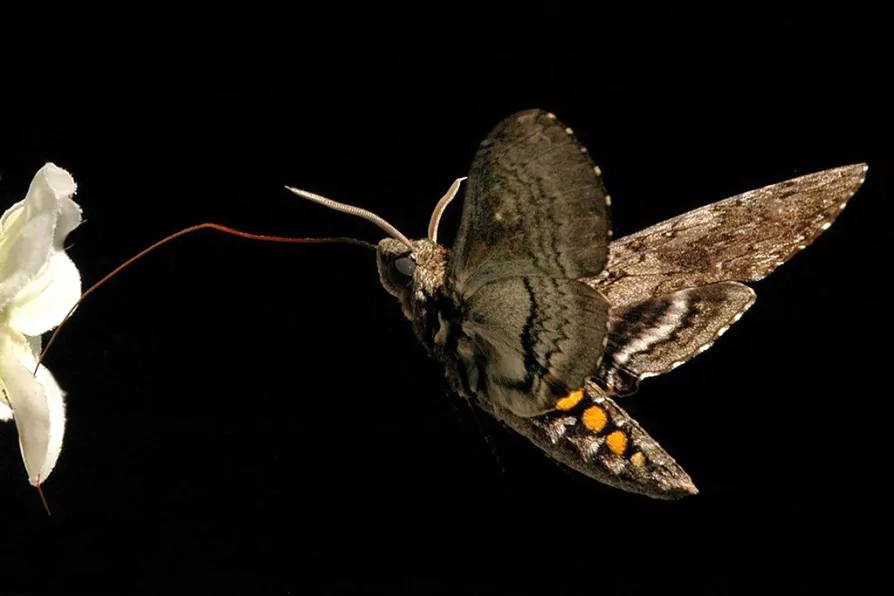As tens of thousands return to the streets for the first national Palestine march of 2026, this movement refuses to be sidelined or silenced, says PETER LEARY

 A Hawkmoth collecting nectar
A Hawkmoth collecting nectar
THE occurrence of household moths in Britain has seen a striking rise in recent years according to English Heritage. The anger and hatred of those who’ve survived a moth infestation is understandable, but most moths are unfairly maligned.
Unlike butterflies, which form a group of all the descendants of a single ancestor, moths are much more genetically diverse, having diverged from each other at an earlier point. There were early moths 300 million years ago, which adapted into modern moths alongside early flowers.
There are 160,000 known species of lepidoptera (moths and butterflies) worldwide, and more are still being discovered. While there are just 59 species of butterfly found in Britain, there are 2,500 known moth species, 900 of them “macro” moth species with wingspans generally longer than 2cm. Surprisingly only three moth species (all micro-moths) live indoors and cause damage to clothing and carpets.

The West’s dangerous pesticide dumping in Africa is threatening biodiversity, population health and food sovereignty, argues ROGER McKENZIE

One of the major criticisms of China’s breakneck development in recent decades has been the impact on nature — returning after 15 years away, BEN CHACKO assessed whether the government’s recent turn to environmentalism has yielded results

MAT COWARD presents a peculiar cabbage that will only do its bodybuilding once the summer dies down

ALEX DITTRICH hitches a ride on a jaw-dropping tour of the parasite world










